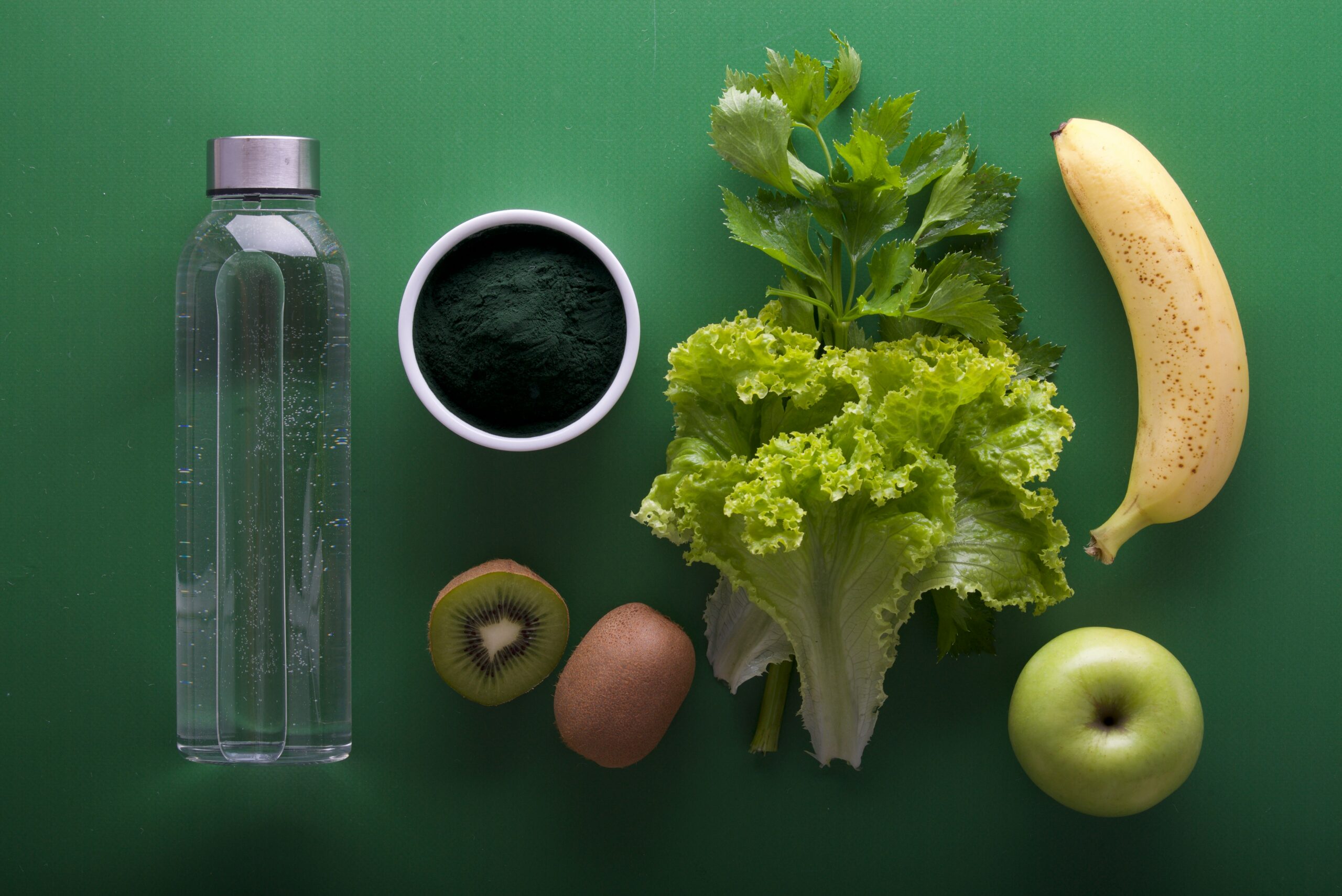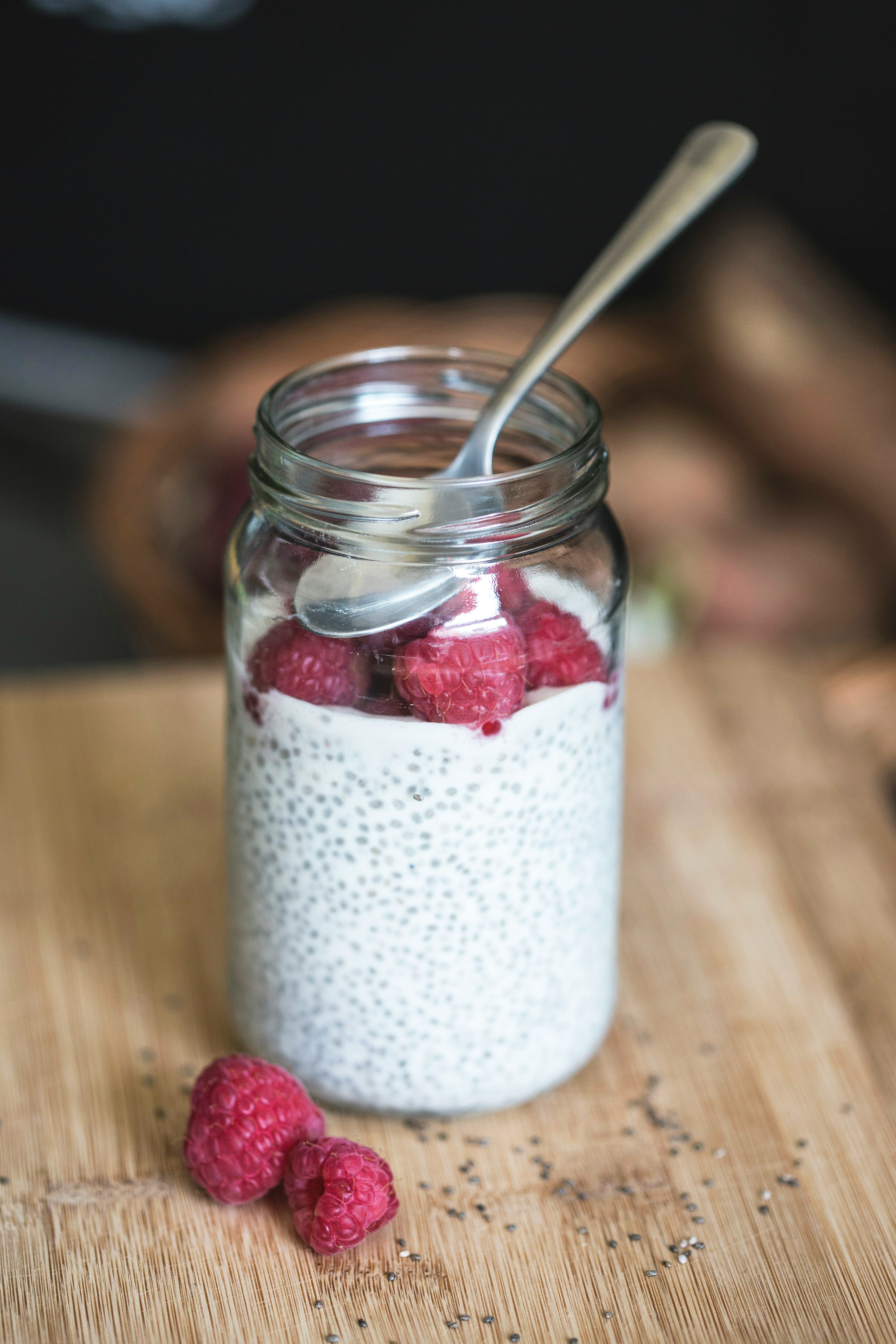Top 10 Nutrition Myths Debunked: What You Need to Know
In the world of nutrition, misleading information and conflicting advice can make it challenging to make informed food choices. Those myths come from fad diets, fake food labels, and uneducated advice on social media. To make it easier to separate fact from fiction, ten nutrition myths debunked will be presented below, along with the information you need to know.
10 Nutrition Myths Debunked
Below are the ten most popular nutrition myths debunked to guide you to healthier nutrition choices.
1. All Fat is Bad
For many years, fat was portrayed as the enemy, which resulted in low-fat diets. But not all fats are bad for you. Most fats – those from animal sources – are thought to raise cholesterol levels and increase the risk of heart disease – but monounsaturated fats present in avocados, nuts, and olive oil are good for health. It is suitable for the heart since it will reduce chances of cardiovascular diseases and is filling hence can help in weight loss.
2. Cutting Sodium Means Avoiding the Salt Shaker
Minimizing salt is also a primary method of controlling hypertension, but the most significant amount of salt is consumed from processed foods and canned goods, not salt containers. It is present in many foods, including breads, sauces, and snacks, and averages about 3. 4 grams per 100 grams of food. To decrease your consumption, try to cook your meals, read the labels of the products you purchase, and choose the products with low sodium content when possible.

3. “Whole Grain” Labels Always Mean Healthy
It is surprising that products labeled “whole grain” or “multigrain” may not be real. These terms do not necessarily mean a product is made from many whole grains. Choose products that have on their packaging a mention that they contain ‘100% whole grain’ or read through the list of ingredients to ensure that whole grains are the first on the list.
4. All Sugar and Carbs Are Bad — Even in Fruit
Even so, not all carbohydrates and sugars are evil; there are sugar-free and low-carb diets. Fruits contain natural sugar and thus have vitamins, minerals, and fiber that benefit the human body. One should not confuse between natural sugars that are present in whole foods and the sugars that are added to processed foods.
5. Fresh Produce is Always Healthier than Frozen
It has been proven that fruits and vegetables, whether they are in their frozen state, are almost as nutritious as fresh produce. These fruits are usually harvested when ripe and processed soon after harvesting to avoid losing their nutrients. Frozen vegetables and fruits may even contain more vitamins than fresh ones stored in the refrigerator for some time.

6. Canola Oil is Toxic
It is now unproven that canola and other seed oils are toxic to human health. It is also low in saturated fatty acids and rich in monounsaturated fatty acids, omega-3 fatty acids, and phytosterols, all of which are favorable to heart health. Two other seed oils – sunflower and soybean – are also good sources of healthy fats.
7. Gluten-free foods are Healthier
They are required for individuals with celiac disease or gluten intolerance, but gluten-free does not equal healthy. Most gluten-free foods are processed and rich in sugars and refined starch. This paper concludes that the gluten level in foods should be measured more than just the quality of gluten-free foods.
8. Eating Six Small Meals a Day Boosts Metabolism
Numerous studies have proved that it is wrong to assume that taking up to six meals per day helps boost the metabolism rate. Such studies have concluded no correlation between the frequency of meals and energy expenditure. Therefore, the claims that meal frequency is an effective weight loss method are also invalid. However, paying attention to meals and snacks and incorporating nutrients from different food groups over the course of the day is more productive.

9. Detoxes and Cleanses are Beneficial
Detox diets and juice cleanses are standard but need to be more evidence-based. They mostly have no health benefits and can sometimes be dangerous. Many people believe that detoxes help the body to expel toxins, but studies prove otherwise and reveal that detoxes cause nutritional deficiencies and other complications. The human body, with its organs like the liver and kidneys, can eliminate toxins from the body.
10. “Calories In, Calories Out” is All That Matters
It is informative to note that although weight control is a function of calorie intake and expenditure, the concept of calories is too simplistic regarding nutrition. Every food has its way of influencing the body’s metabolism, hormones, and gut health of an individual. It is seen that consuming more nutrient-rich foods instead of processed foods helps improve an individual’s general health and weight conditions.
Conclusion
Nutrition awareness does not merely come with attending to the trends of diets or accepting everything being said on the subject. Below are some of the popular myths that you should stop believing if you’re to make sound decisions regarding your diet. Make sure to eat real food, avoid processed foods, know what to look for, and watch individual nutrients and patterns.



